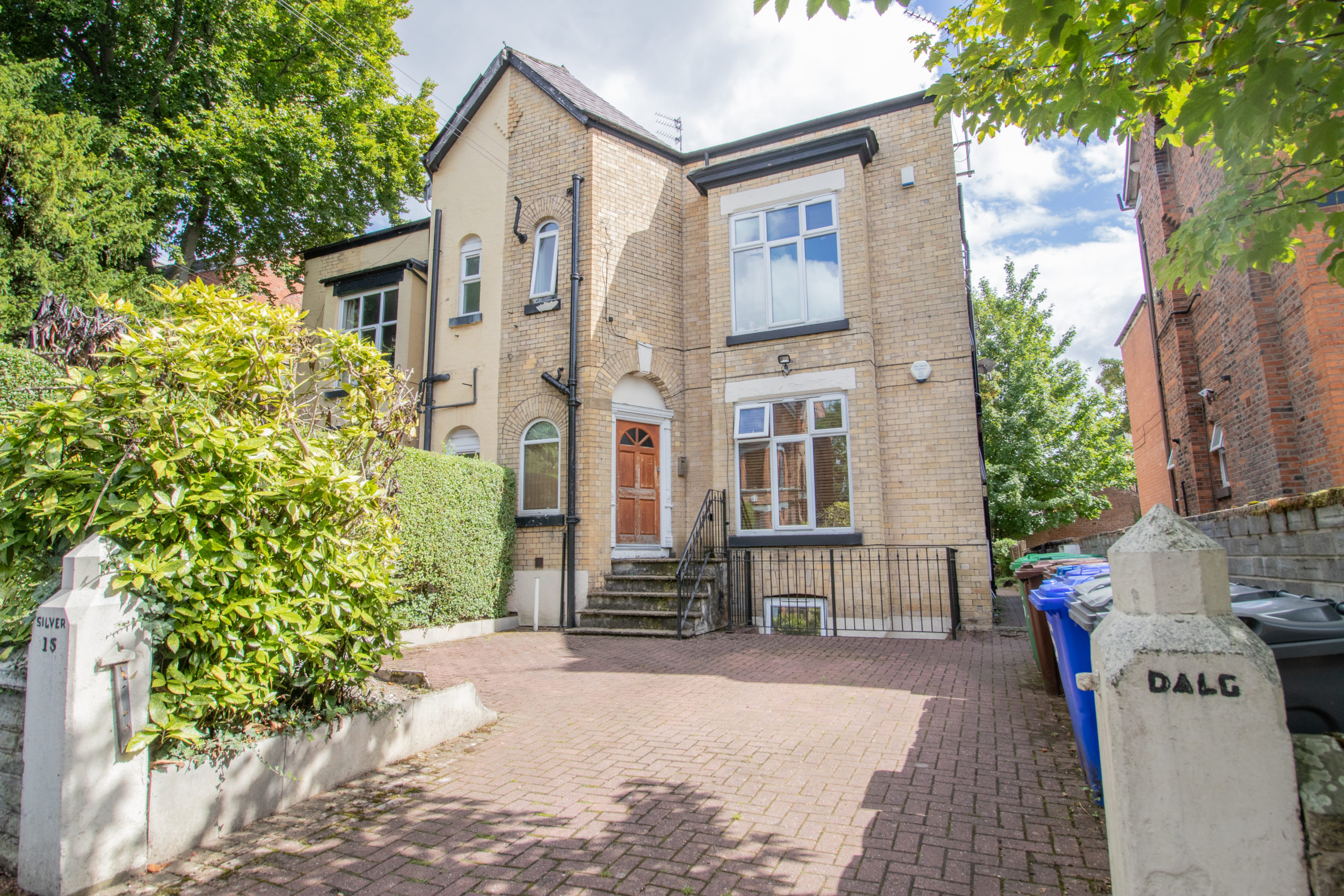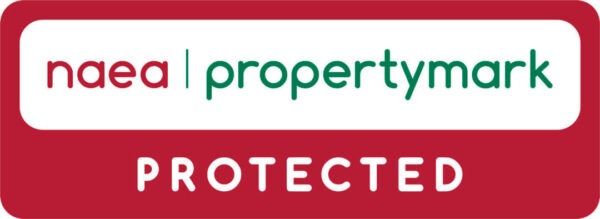Who will buy?
Selling your home can be quite the emotional rollercoaster. While it’s exciting to be looking for a new home yourself, unless you’re a first time buyer, it also means you will be inviting strangers into your home and asking them to judge it. If you are conducting viewings yourself, rather than asking your estate agent to manage them, how can you tell if they like it, or not?
We thought it would be fun to take a look at how you can spot the tell-tale signs of someone who likes what they see.
- They take their time
If viewers take their time in each room, it’s often a sign they are interested, and want to get a feel for the property – investigate storage, have a look at what might need some work, and imagine themselves living there. Certain rooms are especially important in this respect – the kitchen, main bedroom and bathroom for example, are the rooms that people want to feel positive about, immediately. If someone positively zips though the house, it’s not usually a good sign.
- Questions, questions
A chatty viewer, with lots of questions, is an interested viewer. Most people are too polite to mislead and if they soon decide the house is not right for them, will make their excuses and leave. Questions about neighbours, local schools, noise levels, parking…these are all signs the viewer wants to imagine what it would be like living here. A word of warning – you can’t mislead people when asked a direct question. If your neighbours throw a regular Saturday night party that keeps you awake till 2am, you cannot tell potential buyers they’re a lovely quiet couple who never cause any bother.
- The sound of silence
Buyers may view in silence, but their body language can give off significant hints. Genuine smiles, for example, lift the lips upward and cause little wrinkles around the eyes. A fake, or polite, smile will pull the lips sideways and not affect the eyes. Eye contact is another giveaway – if it’s fleeting and only occasional, they’re not keen. Eye contact when asking questions, and when listening to the answers, is very positive. If they seem to like to touch things – walls, door frames, cupboards, this is positive. If they seem to make themselves smaller, not touching anything, this is not good. Also watch how far they walk into each room. If they fully enter, walk around and have a good look, that’s positive, Hovering on the threshold – not so much. Finally, your own body language is important too. We are naturally wired to pick up on non-verbal cues, so if you are giving off feelings of anxiety, or nervousness, or even seem to be taking people around too fast, this will be picked up on, and the viewer might wonder why. Give a confident greeting on arrival, make eye contact and be a little expansive with arm movements to welcome the viewer in. Smile, ask questions, invite questions and act like you are relaxed and proud of your home, and this will reassure viewers you are feeling positive about their experience, too.
- Times and dates
Questions about whether you have found somewhere to move to, how fast you are prepared to vacate, whether you are prepared to wait, etc, are always a good sign. They want to open up a conversation that will then continue with your estate agent – should they like the answers, of course!
- All change
Questions about planning permissions, what changes neighbours may have made, , discussions about creating open-plan spaces, etc, etc, are great. It’s a sign they could see themselves living in your home, and tweaking it to suit their own needs. Don’t be offended by this – you will no doubt do the same when you view potential new homes too.
(Picture used from Clyde Road, West Didsbury).
Eddie – Friday 14th October 2022.



